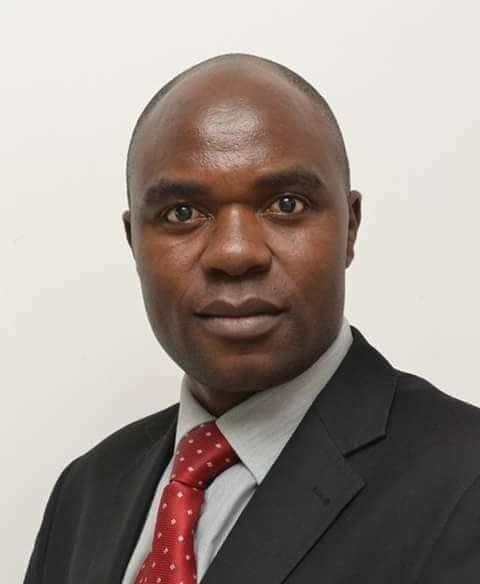Mkaka Challenges Executive Overreach: Says MEC Is Not Subject to Presidential Orders
Former Cabinet Minister and Malawi Congress Party (MCP) secretary general Eisenhower Mkaka has waded into the growing debate over the relationship between the Executive and the Malawi Electoral Commission (MEC), warning that any attempt by the President or Cabinet to issue orders to the electoral body would be “unconstitutional and dangerous to democracy.”

In a strongly worded post titled “What’s the Constitutional Position vis-à-vis MEC and Executive Orders?”, Mkaka argues that the Constitution draws a clear line between the Executive and MEC’s authority, insisting that the commission’s independence is non-negotiable.
Quoting Section 75(4) of the Constitution, Mkaka notes:
“The Electoral Commission shall exercise its powers, functions and duties independent of any direction or interference by other person or authority.”
He interprets this to mean that neither the President nor any minister has lawful power to direct or control MEC in its operations, including how it manages elections, handles disputes, or announces results. “The MEC operates independently and is not subordinate to the Executive branch,” Mkaka emphasized, adding that its decisions are guided solely by the Constitution and electoral laws—not presidential directives.
His remarks come amid renewed political chatter about executive influence in electoral management, following reports that some government officials have been issuing instructions to MEC regarding logistics and staffing ahead of upcoming by-elections.
Mkaka, who is also a trained lawyer, clarified that while MEC may “interact or cooperate” with the Executive on practical matters such as security, funding, or use of public facilities, such cooperation does not translate into submission to executive authority.
“The Commission may rely on government support for resources or logistics, but constitutionally, it remains an independent entity. Any binding order from the Executive would be ultra vires and unconstitutional,” he stressed.
Legal analysts have echoed Mkaka’s concerns, saying his post underscores a recurring problem in Malawi’s governance culture—the tendency of those in power to blur constitutional boundaries. One legal expert who spoke on condition of anonymity said the issue “cuts to the heart of Malawi’s democracy,” warning that “once the independence of the electoral body is compromised, elections cease to have credibility.”
Mkaka’s statement, though couched in legal language, carries a clear political undertone. It appears to be a cautionary message to the current administration—particularly in the wake of rising tension over electoral reforms and the integrity of the 2025 polls.
By grounding his argument in constitutional authority rather than partisan rhetoric, Mkaka positions himself as a defender of institutional integrity—a role that may resonate with voters wary of executive overreach.
In essence, his message is both a legal reminder and a political warning: the Constitution, not the President, defines MEC’s power. Any attempt by the Executive to commandeer the Commission’s operations, Mkaka insists, would not just violate the law—it would undermine the very foundation of Malawi’s democracy.
Follow and Subscribe Nyasa TV :
